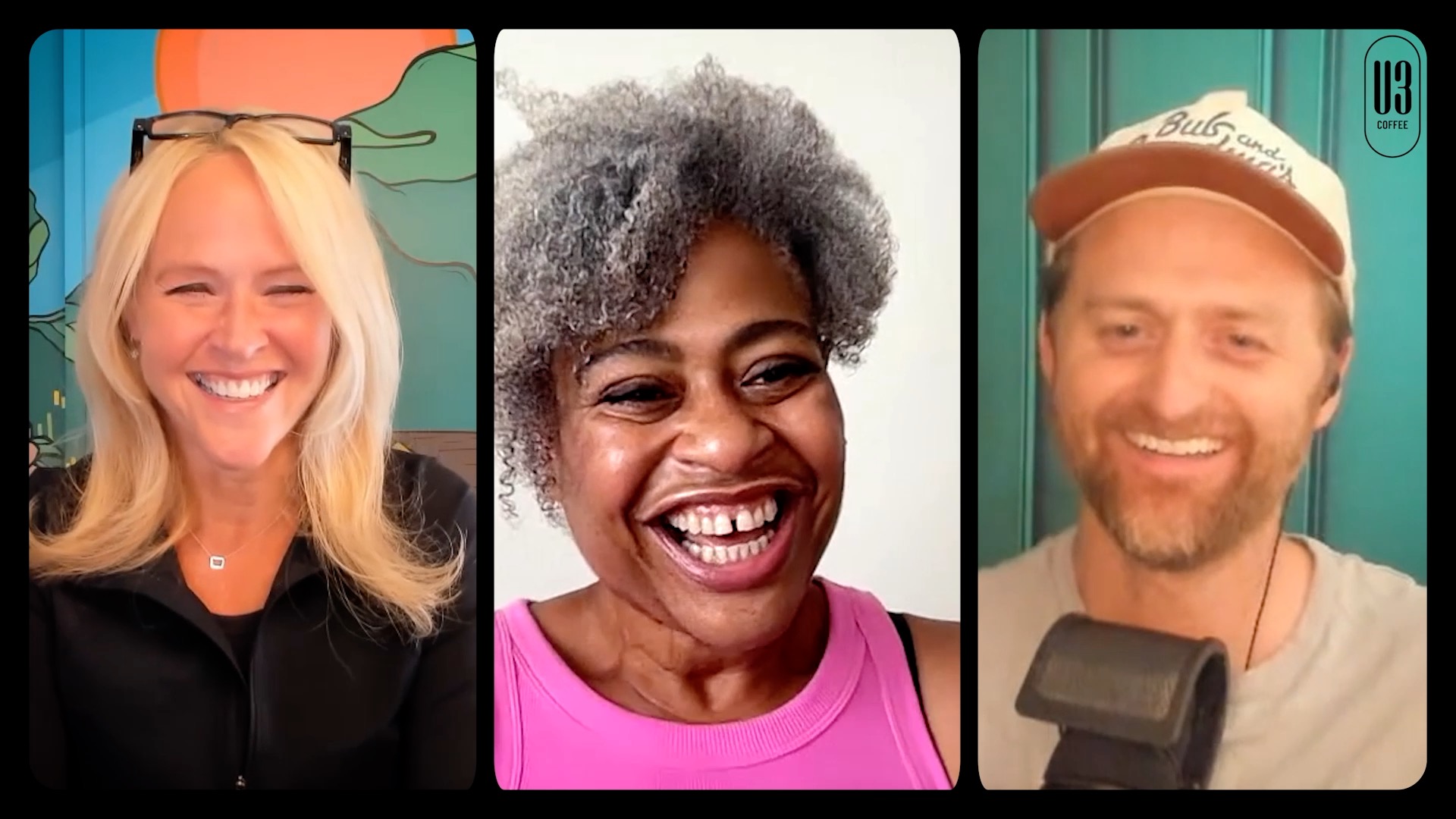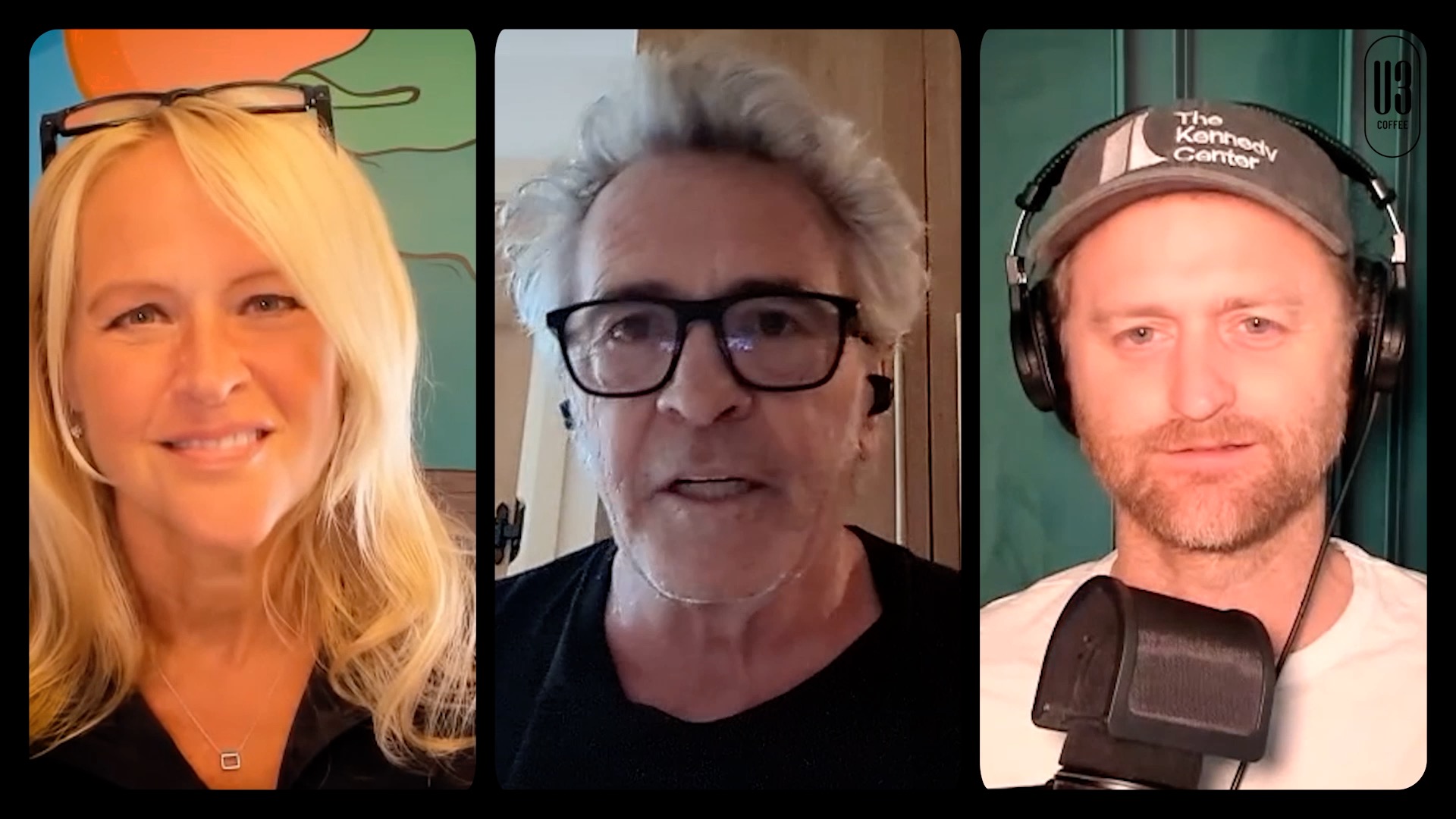Brandon Bir
Director of Sustainability, Crimson Cup Coffee & Tea
Takeaways
1
As Director of Sustainability at Crimson Cup Coffee & Tea, Brandon focuses on creating and maintaining sustainable relationships with producers and developing education initiatives to share innovations in sustainable practices.
2
Brandon believes that educating consumers about the full value chain of coffee can truly transform the way they think about coffee and the price they’re willing to pay for their beans.
3
Brandon says “there’s no one way to drink coffee,” but encourages coffee drinkers to stay open to trying new things.
Expertise: Sustainability, corporate social responsibility, education, Q grading
Coffee insight: “There’s no one right way to drink coffee…What your palate tells you is 100% the truth.”
Fun fact: Brandon bought his first espresso machine from a garage sale when he was 12 years old.

His Coffee Origin Story
Brandon bought his first espresso machine at a garage sale when he was twelve years old. “I wasn’t a huge fan of what was coming out of it,” he jokes, but making drinks for other people spurred his interest in culinary arts and showed him the fulfilment he got from serving others.
His Current Role
As Director of Sustainability at Crimson Cup Coffee & Tea, Brandon focuses on creating and maintaining sustainable relationships with producers, which is better for the environment, creates greater equality and human connection, and improves the company’s bottom line.
“What we realized early on is to create sustainable purchasing, we have to not only take care if the entire value chain and make sure that people get paid what they deserve to get paid…,” Brandon explains, “we also had to make sure that we maintained relationships so that we could purchase that coffee year after year after year…”
What Fuels His Work
Brandon says he’s motivated by research that shows today’s consumers are becoming more and more interested in purchasing sustainable products. In a recent study by Futerra, 87% of consumers said they would prefer to make a sustainable purchase over a non-sustainable one.
What it takes, Brandon believes, is educating consumers about the entire process and how much work, at every stage, goes into creating a great cup of coffee so that consumers understand why paying more for coffee is actually a good thing.
What He Wants Coffee Drinkers to Know
Brandon says that consumers should embrace their favorite coffee drink, whatever it is: “There’s no one way to drink coffee… What your palate tells you is 100% the truth.”
But he also thinks they should keep an open mind. “Explore and make sure that you give other things an opportunity,” he says, “so that if you do have that perfectly brewed cup of coffee, that’s scientifically proven to be perfect, you can at least try it and see what you think.”
How Brandon Cultivates Community through Coffee
Brandon fosters relationships with coffee farmers and processors through creating human-to-human, face-to-face connections. He frequently travels to meet with farmers and producers, sharing knowledge that can help their businesses become more successful, which also helps sustain the quality of Crimson Cup’s products. That can range from inspecting crops and mills to sharing new advances in processing techniques.
“I have been super privileged to get a lot of coffee education and a lot of certifications,” Brandon explains, “and so I go to these…producing countries, and I’m able to share some of that information in a sensitive way, because I don’t want to tell anyone what to do.”
Where You Can Find Him
Crimson Cup Coffee & Tea: https://www.crimsoncup.com/
Instagram: https://www.instagram.com/crimsoncupcoffee/
Instagram: https://www.instagram.com/brandonbir/?hl=en
Related posts
- Nov 2024 Candice started her coffee career as a barista, with no previous experience in coffee—within a few years, she was a certified Q Arabica Instructor and a trainer for the SCA. Today she’s a respected coffee educator and consultant who hopes her story can remind others that “coffee is for everybody.”
- Oct 2024 Patrick was an aspiring winemaker when a suggestion to his boss introduced him to coffee and changed the trajectory of his career. A thirty-year veteran of the coffee industry, Patrick is an award-winning educator, serial entrepreneur, and master roaster who is inspiring a new generation of coffee professionals.


